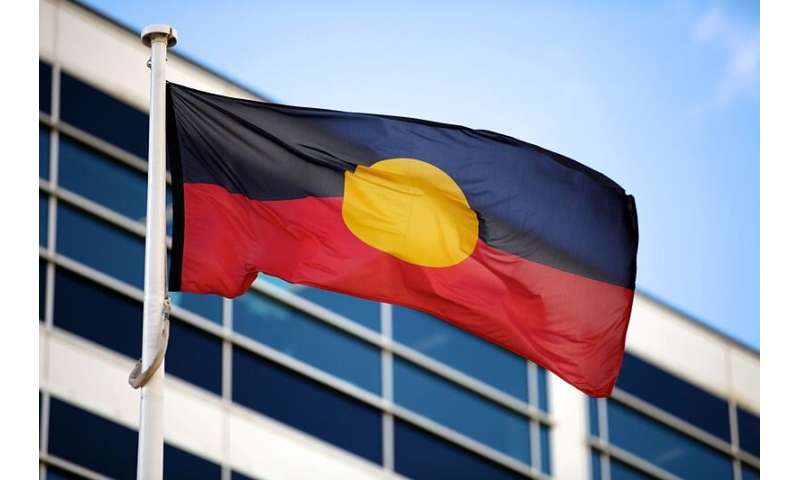
Inaccurate recording of Indigenous status in hospital administrative datasets can influence health service decision-making and adversely affect outcomes for patients, according to the authors of a research letter published online by the Medical Journal of Australia.
The researchers compared patient-reported responses regarding Indigenous status with the corresponding Emergency Department Information System (EDIS) records. As the survey data and EDIS record for each patient were generated during the same episode of care, it would be anticipated that the two data sets should be congruent.
“During the 1-month survey period (March–April 2014), 3229 individual people aged at least 18 years attended the Cairns Hospital emergency department; of these, 1000 who were local residents participated in a face-to-face patient survey that included self-identification of Indigenous status. Indigenous status as reported to the patient survey was concordant with EDIS records for 102 Indigenous people. In the face-to-face survey, 21 people identified as being Indigenous but in their EDIS records they were recorded as being non-Indigenous (17 people) or status data was missing (four people),” wrote the authors, led by Ms Mary O’Loughlin, a Ph.D. candidate at James Cook University.
“This degree of under-reporting (21 of 123, 17%) is consistent with previous estimates of under-reporting of Indigenous status in Australian hospital data.”
The researchers also noted a degree of over-reporting, with 12 patients identifying as non-Indigenous in the survey but who were recorded as Indigenous in the EDIS dataset.
“Although the number was small, the potential effect of this type of discrepancy on population health statistics and the risk of erroneous conclusions caused by the quality of the recorded data should be considered,” O’Loughlin and colleagues wrote.
“Inaccuracies in administrative datasets can influence health service decision-making.
Source: Read Full Article






